
Crypto Faucets Explained - A Comprehensive Guide

The world of cryptocurrency is vast and full of exciting opportunities. One intriguing aspect that has drawn attention from both newcomers and experts alike is crypto faucets.
This comprehensive guide aims to provide a detailed understanding of what crypto faucets are and how they function.
Crypto Faucets Overview
Crypto faucets might sound complicated, but they're an interesting way to earn small amounts of cryptocurrency.
They are websites or apps that reward users with “drips” of crypto for completing tasks. But why do they exist, and how do they fit into the larger crypto ecosystem? Let's break it down.
Definition and Purpose
A crypto faucet is like a tap that "drips" cryptocurrency. It's a reward system that offers small amounts of Bitcoin or other digital currencies for completing simple tasks, like solving captchas or viewing ads.
Historical Background
Crypto faucets were introduced as a marketing technique to promote Bitcoin and engage users in the crypto world. The first Bitcoin faucet was created in 2010 and gave away 5 Bitcoins per user!
How Does a Crypto Faucet Work?
Crypto faucets are designed with simplicity in mind, making them accessible to both beginners and experienced users alike.
The process often starts with providing a public key address for your cryptocurrency wallet, followed by engaging in various activities like clicking buttons or completing tasks, and finally receiving coins or tokens as rewards.
Task Complexity and Rewards: The complexity of the tasks correlates with the rewards. Simpler tasks will yield smaller rewards, while more involved activities offer higher payouts. This structure allows users to choose their level of engagement based on interest and reward expectations.
Small Rewards Accumulation: It's essential to understand that faucets typically distribute minimal amounts of cryptocurrency. While engaging with faucets can be educational and fun, amassing significant wealth through these channels is not typical.
They are better viewed as a way to acquaint oneself with the handling of cryptocurrencies rather than a path to substantial financial gain.
Web-Hosted Wallets and Withdrawal Thresholds: Most crypto faucets operate with a web-hosted wallet, where the earned coins are stored until a certain threshold is reached.
This approach minimizes transaction costs, ensuring that fees don't consume the rewards. The minimum threshold for withdrawal varies between faucets, and it's something users must be mindful of when selecting a platform.
Types of Crypto Faucets
Crypto faucets come in various types, each designed to engage users differently. The most common are:
Task-Based Faucets: These reward users with crypto for performing simple tasks like watching videos, completing surveys, or solving captchas.
Gaming Faucets: By integrating fun games, these faucets offer crypto rewards as players reach different levels or achievements.
Ad-Based Faucets: These faucets generate revenue through advertising and share a portion of that revenue with users in the form of crypto. Users may need to view ads or engage with them in some way.
Staking Faucets: Some faucets reward users for holding or “staking” a specific cryptocurrency within the platform, creating an opportunity for passive income.
What is the Point of Crypto Faucets?
Crypto faucets serve several purposes:
Education: They introduce people to cryptocurrencies, providing a hands-on experience without financial investment.
Promotion: Many faucets are designed to promote a specific cryptocurrency or blockchain project, creating awareness and engagement.
Monetization for Developers: Faucet owners can earn money through ads, subscription services, or other monetization methods, sharing a portion with users.
Risk and Rewards of Crypto Faucets
Rewards: The rewards of crypto faucets are multiple and valuable, especially for newcomers to the world of cryptocurrency.
- Accessibility: Crypto faucets offer a no-risk entry point for those curious about digital currency, allowing users to earn small amounts without investing their own money.
- Education: For beginners, faucets can be an educational tool, teaching users how to handle cryptocurrencies, including using wallets and making transactions.
- Community Engagement: Many faucets are connected to broader crypto communities, providing networking opportunities, and insight into the crypto world.
Risks: However, it's not all sunshine and rainbows. There are risks associated with using crypto faucets, and these must be understood and navigated carefully.
- Time vs Reward: Often, the amount of time spent completing tasks on faucet sites might not correspond to a significant monetary reward. It's essential to balance time investment with expected returns.
- Fraudulent Sites: Not all faucets operate ethically. Some might be scams, promising rewards but never paying out, or worse, collecting personal information for malicious purposes. Proper research and using reputable sources can mitigate this risk.
- Security Concerns: Handling digital currency, even in small amounts, requires awareness of security practices. Using secure wallets and being mindful of phishing attempts and other online threats is vital.
In summary, crypto faucets offer a fascinating blend of opportunity and challenge. While they provide an accessible and engaging pathway into the world of cryptocurrency, they also require careful navigation and awareness of potential pitfalls.
Future of Crypto Faucets
Crypto faucets have evolved from their humble beginnings, and their future is likely to continue along this path of innovation and expansion. Here's a closer look at what the future might hold:
Education and Accessibility: Crypto faucets remain a vital entry point for newcomers to the cryptocurrency landscape. They provide an engaging way to learn how to interact with the crypto world without the need for any financial investment, making them both appealing and less intimidating for those just starting their crypto journey.
Enhanced User Experience: Modern crypto faucets have already begun to incorporate gaming and other interactive features, transforming a simple task into a more enjoyable experience.
This trend is likely to continue, with new features and gamified elements being added to make earning rewards even more engaging.
Realistic Expectations: While crypto faucets offer an exciting entry into the world of cryptocurrency, it's essential to keep expectations realistic.
The typical payout from a faucet is a minuscule fraction of a cent, and there are often restrictions on how many payouts a user can receive within a certain period. Faucets are more about exploration and learning than getting rich quickly.
Frequently Asked Questions
Q1. Can I Use Multiple Crypto Faucets at the Same Time?
Yes, users can register and interact with multiple crypto faucets simultaneously. However, it is advisable to research and choose reputable faucets and be mindful of the time investment relative to the rewards.
Q2. Are Crypto Faucets Legal?
Crypto faucets are legal in most jurisdictions, but it is essential to check local regulations related to cryptocurrency. Always use faucets that comply with legal standards and operate transparently.
Q3. How Do Faucets Generate the Cryptocurrency They Give Away?
Faucets usually generate revenue through advertising, affiliate links, or other monetization methods. They share a portion of this revenue with users in the form of cryptocurrency.
Q4. Is There a Way to Determine the Legitimacy of a Crypto Faucet?
Researching user reviews, community feedback, and the faucet's transparency about its operation can help determine its legitimacy. Opt for well-established faucets with a positive reputation within the crypto community.
Q5. Can I Lose Money By Using a Crypto Faucet?
Since crypto faucets allow users to earn small amounts of cryptocurrency without any investment, there is typically no financial risk involved. However, always be cautious of scams or fraudulent sites.
Q6. What Are Micro-Wallets, and Why Are They Used with Crypto Faucets?
Micro-wallets are intermediary wallets used by some faucets to store small amounts of cryptocurrency before transferring them to a user's main wallet. They help in reducing transaction fees and make it easier to manage small payouts from various faucets.
Q7. How Can I Maximize My Earnings from Crypto Faucets?
Maximizing earnings from crypto faucets involves engaging consistently with tasks or games that offer higher rewards. Utilizing multiple reputable faucets and understanding their reward structures can also help optimize earnings. However, it's essential to balance time investment and potential returns.
Q8. Are Crypto Faucets Suitable for Experienced Crypto Users?
While primarily appealing to beginners, crypto faucets can also be enjoyable for experienced users, especially those interested in supporting specific cryptocurrencies, learning about new projects, or engaging in community activities.
Closing Thoughts
Crypto faucets have evolved significantly from their initial stages, where free bitcoins were awarded for mere captcha solutions. Today, they encompass a broad array of interactive and engaging tasks, reflecting a more complex and mature ecosystem.
If you're considering exploring crypto faucets, make prudence and thorough investigation your guiding principles.
Beware of extravagant claims and websites that don't look quite right. Lean towards established and credible platforms that have earned community trust. Utilizing crypto faucets wisely and with regularity can turn those small trickles of crypto into a noteworthy sum, particularly if the market price of the accumulated tokens increases.
Disclaimer
The information provided on this website does not constitute investment advice, financial advice, trading advice, or any other sort of advice and you should not treat any of the website's content as such.
Token Metrics does not recommend that any cryptocurrency should be bought, sold, or held by you. Do conduct your own due diligence and consult your financial advisor before making any investment decisions.

.svg)

Create Your Free Token Metrics Account

.png)




%201.svg)
%201.svg)


%201.svg)



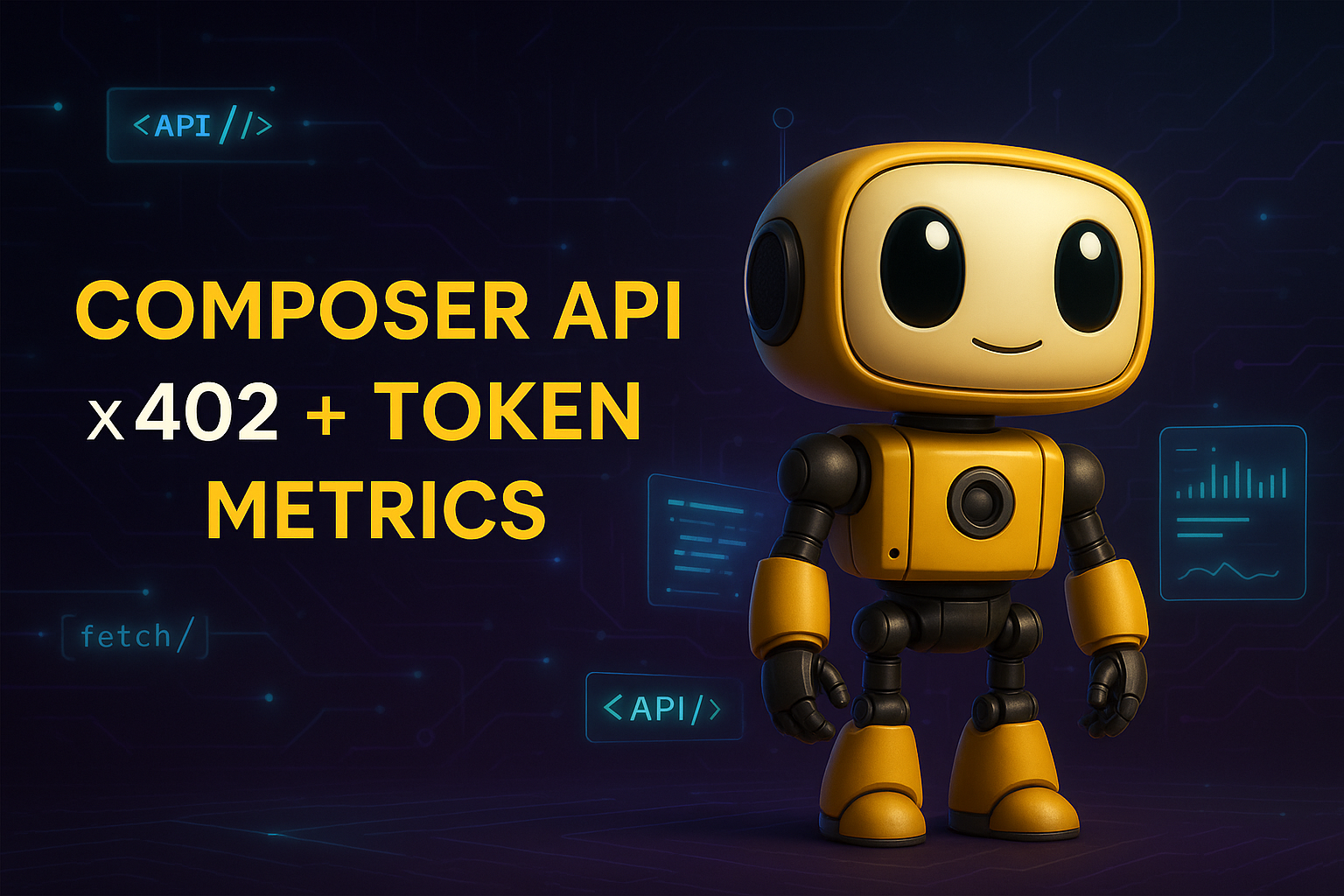
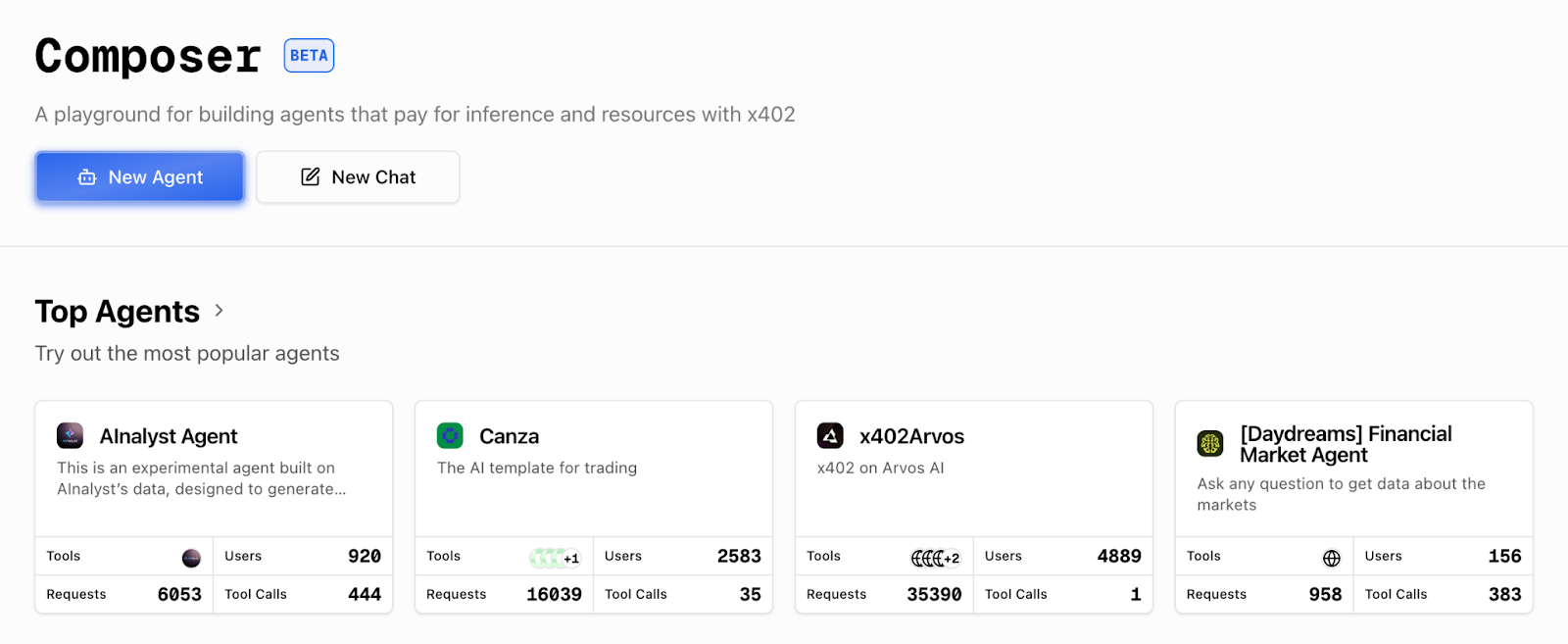
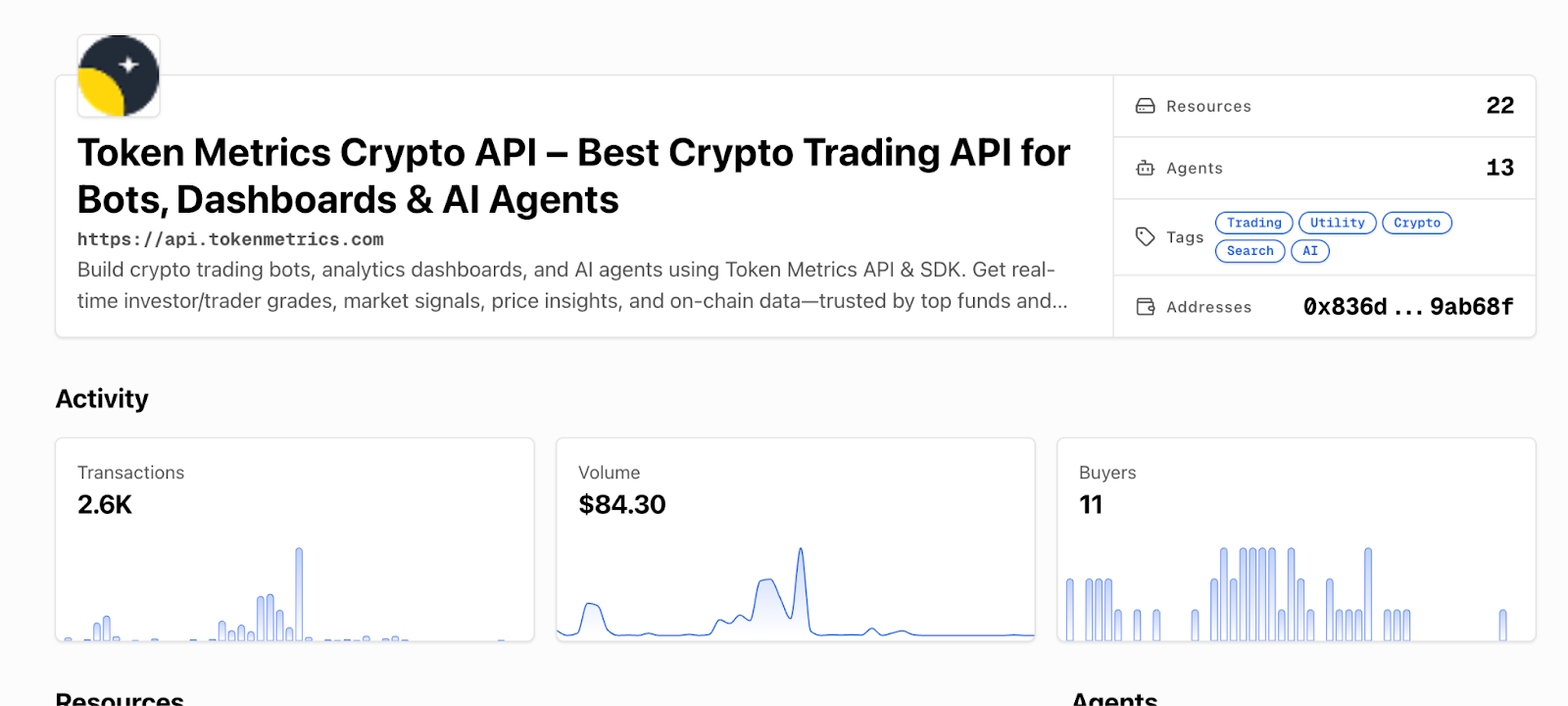
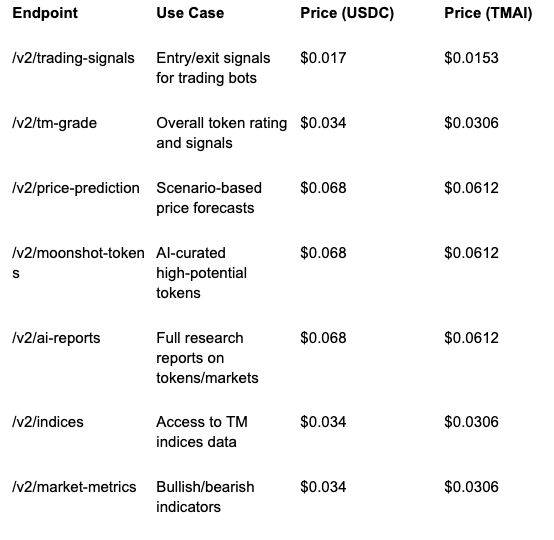
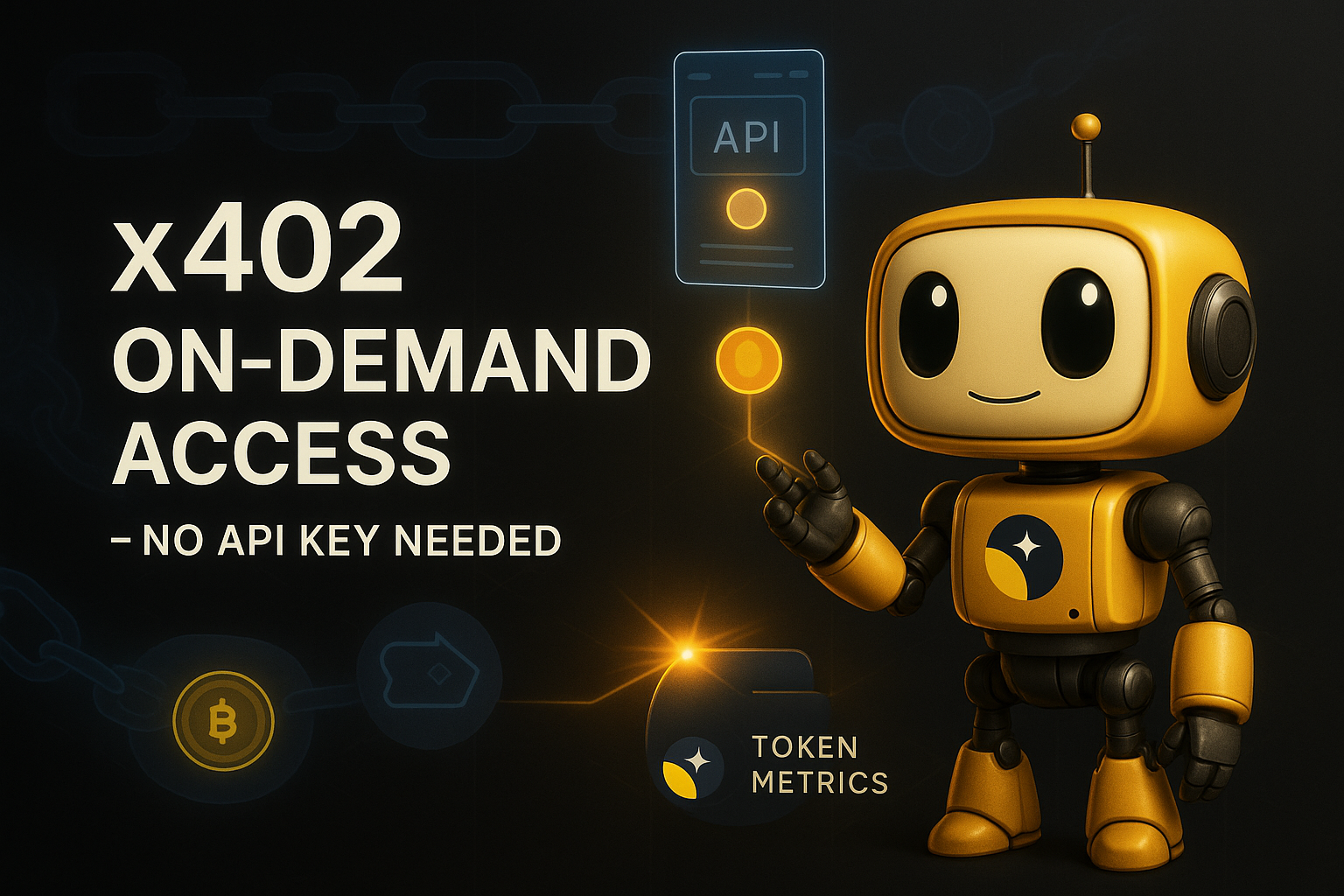
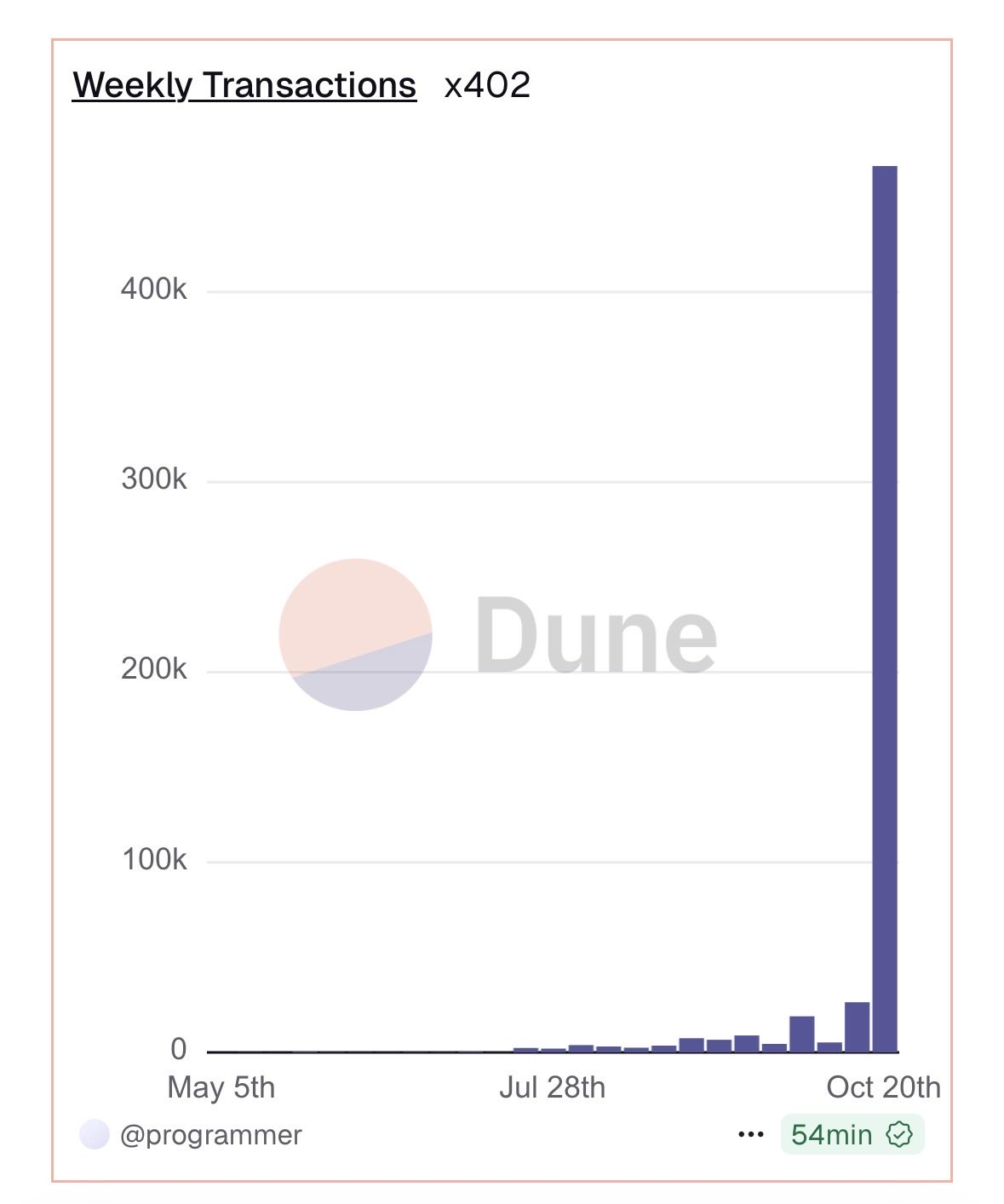


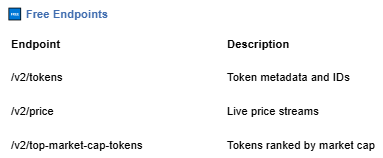


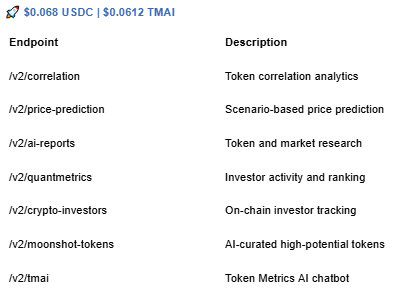
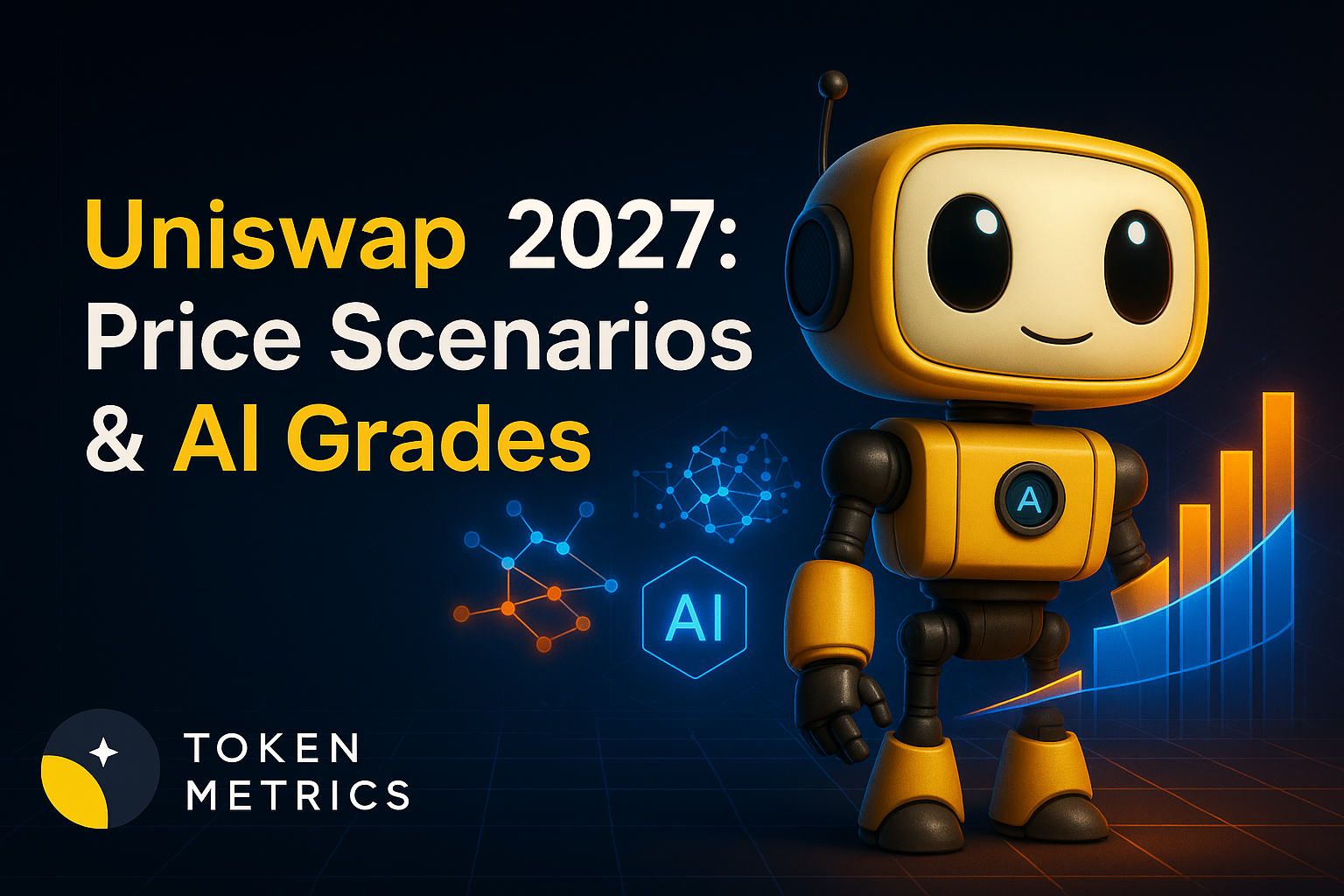
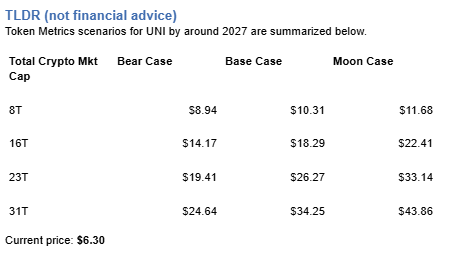
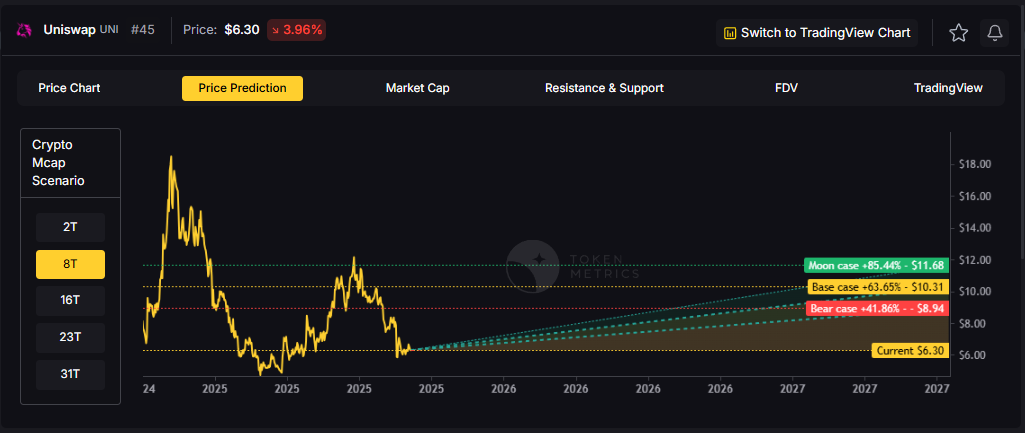









.svg)




.png)